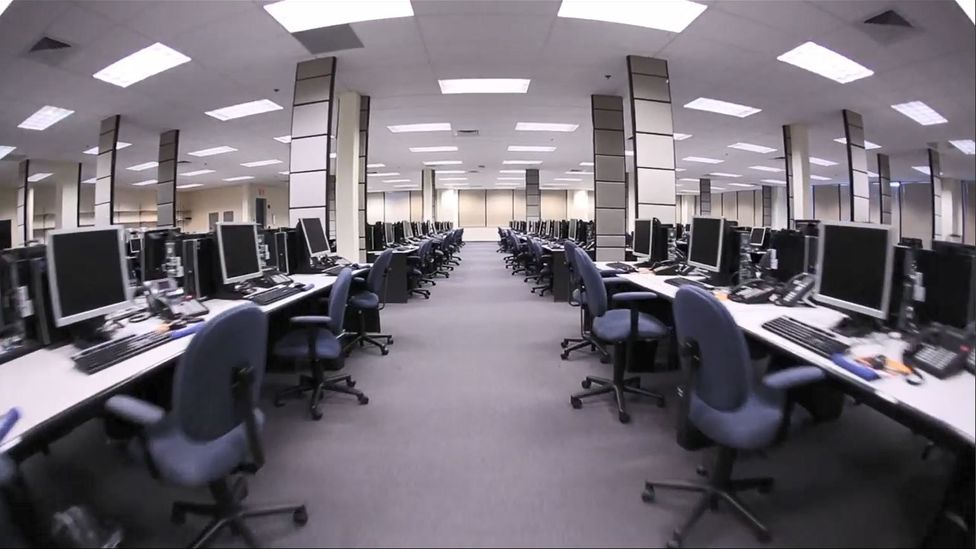Reports earlier this week that “hybrid working” could become “the norm” following lockdowns have been confirmed in Manhattan, where only 10% of office workers have returned to the workplace. The Financial Times has the story.
Just 10% of Manhattan’s one million office workers had returned to the workplace by early March, according to a study indicating that most of them will still be working remotely by September.
The survey of large employers by the Partnership for New York City, a business advocacy group, suggests that Manhattan offices are still as empty as they were last October.
Expectations for returning to the office have slipped since then, however: while employers polled last October expected to bring back 48% of their office staff by July, they now anticipate having just 45% back at their desks by September.
Over the longer term, employers expect 56% of their office staff to continue working remotely at least part of the time.
On Wednesday, workspace provider IWG (formerly Regus) said “[hybrid working] works for companies, because it’s a lot cheaper”. But is the amount of money saved from making staff work at home greater than the reported cost of reduced productivity that this causes?
Worth reading in full.














To join in with the discussion please make a donation to The Daily Sceptic.
Profanity and abuse will be removed and may lead to a permanent ban.
I’m always a bit leery of these sorts of claims that working from home (WFH) reduces productivity. They’re usually made by companies with a vested interest in office property, and draw on studies funded by the same companies.
From what I have observed WFH works quite well for many office-based professionals. Especially those with good family structures, and friendships and communities where they live.
Where it breaks down is if all your social outlets are in your office. Offices and work environments harness and exploit human sociability to drive forward productivity. They replicate and synthesise a real community and family structure. Which is why people get so burnt out in them. High pressure work environments are stressful and oppressive triggering a constant state of fight or flight, harnessing yet another human evolutionary feature in order to increase productivity. That’s not healthy, nor does it replicate a healthy human community.
Where that ends up is in broken real-life relationships and office workers choosing their job and it’s pseudo-familial synthetic community over real relationships and the real mental health benefits that come from family and friends. And under-evolved middle-aged people burnout, have breakdowns, develop destructive addictions and are spat out into a world that, without an office environment, feels hostile.
But as we adjust to not working in an office, we get healthier and have fewer sick days. We build wholesome relationships with ourselves and other people. We form real, enduring bonds with our partners, our children, our pets, and even our balcony gardens and the birds that visit it. We branch out into our real communities and get to know more of the real people who make it tick. We take notice of what goes on in the places where we live.
From this place productivity can surge for the employer because tiers of management whose only job was to control humans can be sliced out, and workers network remotely in any event, still collaborating to get things done. Children come home to parents. Pets get attention. Gardens are worked in. Neighbours are chatted to. People go running in their local park. From this more secure and rewarding base, workers then more willingly give to the employer who enables them to keep that lifestyle. They work extra hours to compensate for the time they took to oversee homework. They work Saturday mornings because they took Friday afternoon to see their Mum. They participate more willingly in contrived HR activities for team bonding because they have better and more secure attachments to the things that matter, and don’t resent the intrusion of the company into the private areas of their life. They drink less, get sick less, and eat better. They become more optimistic.
Not everyone that works in an office wants to return. And if they don’t come back, the only real losers will be property companies, and all the parasites that sit on the body of human misery that underpins office-based working systems.